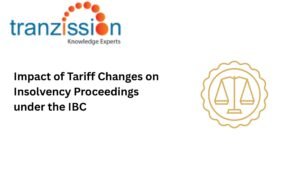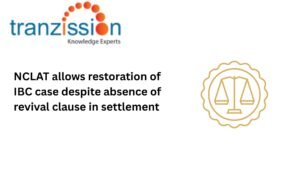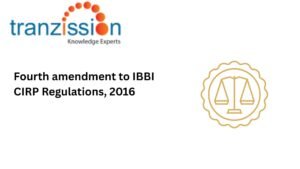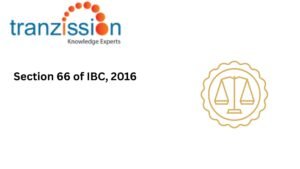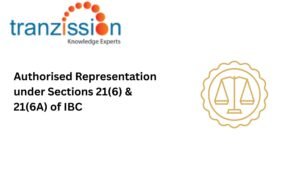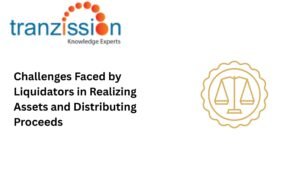
Section 93 CGST Act Special Provisions for Tax Liability
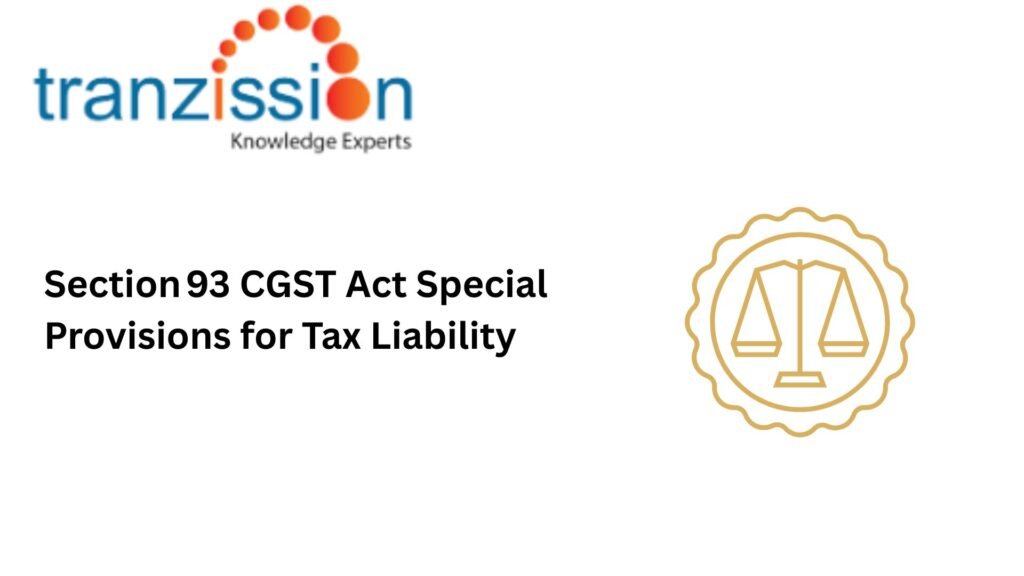
Table of Contents
Section 93 CGST Act Special Provisions for Tax Liability, permits continuance of proceedings against legal heirs, but does not authorize culmination of proceedings against deceased person. This provision allocates liability for GST, interest, and penalties in cases of death, dissolution, partition, and trusts, especially when IBC applies.
Statutory Overview
Section 93 CGST Act plays a critical role in preserving the government’s right to recover under exceptional circumstances such as death, dissolution, partition, or termination of fiduciary responsibilities. Each sub-section begins with “Save as otherwise provided in the Insolvency and Bankruptcy Code, 2016”, hence, emphasizing that during insolvency, liabilities are governed by the IBC, and the CGST Act alone.
Deceased Taxable Person (Sub‑section 1)
This sub-section states that if a person liable to pay tax, interest, or penalty, then:
- If a business carried on by the person is continued after his death by his legal representative or any other person is able to pay tax, interest or penalty due from such person.
- If the business carried on by the person is discontinued, whether before or after his death, his legal representative shall be liable to pay, out of the estate of the deceased, to the extent to which the estate is capable of meeting the charge, the tax, interest or penalty due from such person under this Act
- This provision applies even when dues are determined posthumously
Hindu Undivided Family or Association (Sub‑section 2)
Where a taxable person, liable to pay tax, interest or penalty under this Act, is a HUF or an association of persons and the property of the HUF is partitioned amongst the various members or groups of members, then each member jointly and severally is liable for dues up to partition time, even if reassessed later.
Firm Dissolution (Sub‑section 3)
If a taxable person, liable to pay tax, interest or penalty, is a firm, and the firm is dissolved, then every person who was a partner jointly and severally is liable for the tax, interest, or penalty due from the firm, regardless of whether determined after dissolution.
Trusts & Guardianships (Sub‑section 4)
As per this sub-section, the taxable person is the guardian of a ward on whose behalf the business is carried on by the guardian, or a trustee who carries on the business under a trust for a beneficiary, the ward or the beneficiary shall be liable to pay
IBC Interface
Section 238 of the IBC grants the IBC an overriding effect on other laws. It is intended to streamline and prioritise the insolvency resolution process under the IBC, ensuring that creditor-driven processes and recovery efforts are not hampered by other conflicting laws or regulations, including the CGST Act. In lieu of Section 93 CGST Act , its clauses apply unless IBC provisions take precedence—meaning corporate insolvency may channel liabilities under IBC settlement frameworks, not CGST alone.
Implications for Insolvency Professionals
This creates certain statutory and procedural hindrances for insolvency professionals, such as:
- Asset and Estate Due Diligence: As an interim resolution professional (IRP) or resolution professional (RP), an insolvency professional must identify and address GST liabilities associated with the assets of the corporate debtor, including those stemming from deceased firms, partitions, or trusts. They also need to navigate the interplay between the IBC and the GST regime, ensuring compliance with both and maximizing asset value.
- Treatment in Resolution Plans: In resolution plans, liabilities may be treated as operational debt or through plans approved by the IBC. Section 93 CGST Act , where applicable, plays a role in this process. This treatment requires proper disclosure of the liabilities and adherence to the priority of claims outlined in the IBC.
Illustrative Scenarios
The tribunals have explained the application of this section align with the IBC provisions:
- RP must check whether business continued and track successors’ claims for dues.
- After partitioning the HUF, each member may face joint liability for earlier unpaid taxes—monitor distribution and plan for payment or inclusion in CIRP.
- The RP must assess partners’ liabilities and incorporate potential enforcement into planning or liquidation.
Best Practices & Compliance Checklist
As per the IBC, insolvency professionals have a duty to investigate:
- Identify legal Form, depending on the nature of the taxable person, such as proprietor, HUF, firm, or trust, and test Section 93 applicability accordingly.
- Determine continuation or termination event.
- Quantify dues, like CGST, interest, or penalties.
- Map liability holders (estate, partners, heirs).
- Coordinate with tax authorities or include in resolution or liquidation plan.
Conclusion
In legal transitions, particularly under Section 93 CGST Act, GST liabilities generally transfer smoothly. However, when the IBC applies, the IBC’s provisions take precedence in determining the final treatment of these liabilities. It is essential that GST Authorities adhere to the IBC’s framework for handling tax dues during insolvency proceedings to ensure timely compliance.

